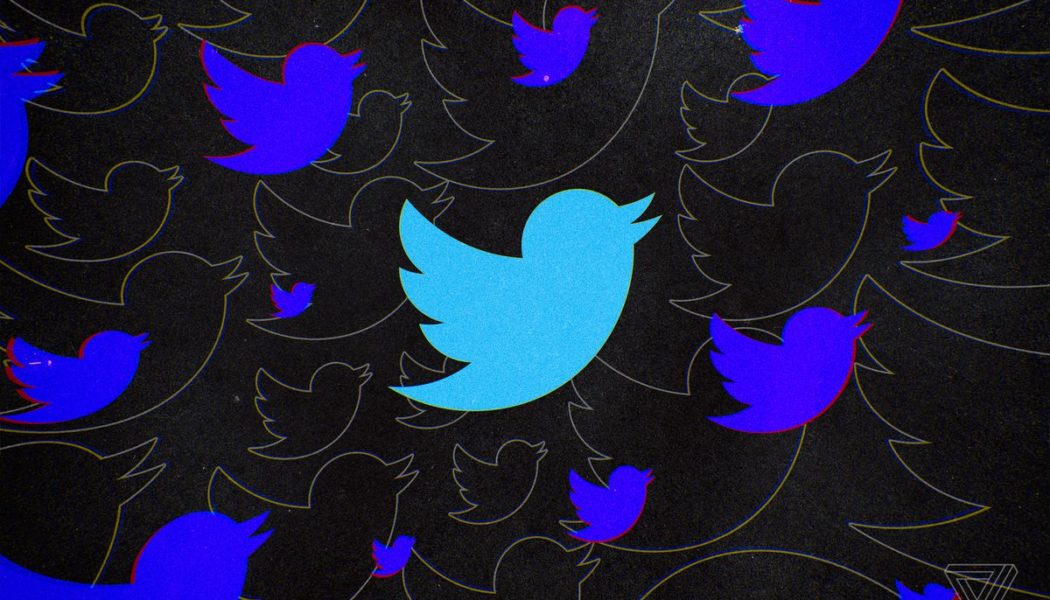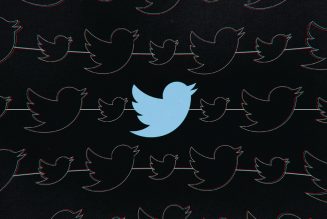/cdn.vox-cdn.com/uploads/chorus_image/image/70735425/acastro_180130_1777_0008.0.jpg)
What’s next for Twitter and Elon Musk?
First, we learned that Elon Musk had purchased enough shares of Twitter to become its largest individual shareholder. The company announced Musk would take a seat on its board of directors, but within the space of a week, that plan unraveled, and Musk informed the board he would not accept the position.
After a tumultuous week, Twitter CEO Parag Agrawal announced that Musk declined the board seat, which released the world’s richest human from his commitment to not acquire more than 14.9 percent of the company’s shares. In a letter to Twitter employees, Agrawal said, “There will be distractions ahead, but our goals and priorities remain unchanged.” He also asked employees to “tune out the noise.”
It didn’t take long before the noise arrived in the form of an unsolicited offer by Elon Musk to buy 100 percent of Twitter’s shares for $54.20 each, or about $43 billion. The Twitter board of directors responded by implementing a poison pill measure, meant to prevent anyone (read: Elon Musk) from taking over the company simply by purchasing shares on the open market.
On April 25th, it was all over. Twitter has accepted Elon Musk’s offer to purchase the company for $44 billion.
Musk, who already leads Tesla, SpaceX, The Boring Company, and Neuralink, is one of Twitter’s most visible users, with a large audience of devoted followers. The billionaire exec spontaneously shares earthshaking company plans, uncredited memes, and bizarre accusations. That’s in addition to responses that serve as a global tech support line for people who want everything from help with their electric car to politicians seeking satellite internet so they can keep citizens connected during a war.
The Musk era at Twitter has already included a surprise reveal that it will test an edit button for tweets soon — news that the company insists had nothing to do with a poll that its almost board member posted about the feature just before it was confirmed.









